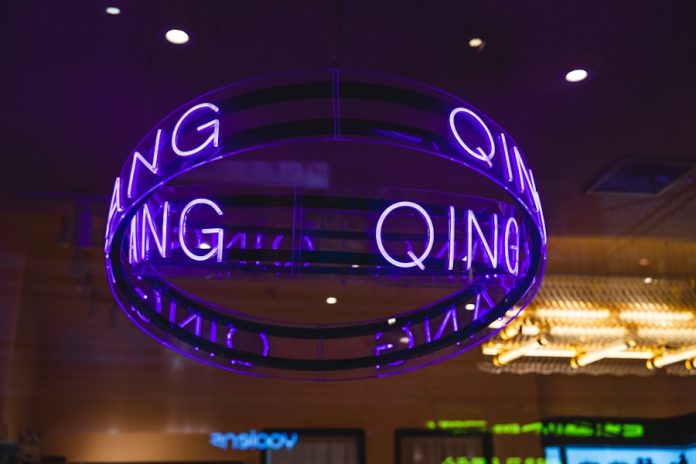
Recent years have witnessed a strategic shift in American casinos, a profound cultural immersion to attract Asian and Asian-American gamblers. This transformation goes beyond the mere addition of baccarat tables or the occasional display of red lanterns during the Lunar New Year. It’s a comprehensive overhaul, with spaces like the Jubao Palace at the Seminole Hard Rock and the renowned Lucky Dragon Hotel & Casino leading the way.
It’s no secret that baccarat, a game rooted in chance and often aligned with cultural ideas about fate and fortune, is a favourite among many Asian players. Casinos quickly took notice. At the Seminole Hard Rock, the dedicated Asian gaming room called Jubao Palace isn’t just a gaming area. It’s an experience. With authentic cuisine, décor rooted in feng shui principles, and staff who speak Mandarin, Cantonese, and Vietnamese, the space doesn’t just welcome Asian guests; it speaks their language, literally and figuratively.
Hard Rock’s strategy mirrors the cultural shift that has been brewing in Las Vegas for some time. The Lucky Dragon Hotel & Casino, for instance, is a testament to this change. Unlike traditional mega-resorts that incorporate pan-Asian themes as a small part of their broader portfolio, Lucky Dragon was conceived entirely with Asian culture in mind. It’s a place where congee and dim sum are served 24/7, where the number four is conspicuously absent, and where every detail, from the architecture to the eight-sided bar, is a testament to cultural reverence.
What’s particularly noteworthy is that this attention to detail isn’t just about catering to high rollers from overseas. It’s about acknowledging a rapidly growing, vibrant domestic audience. In places like New Jersey, for instance, the Asian community is the fastest growing, and their attraction to NJ online casino games has been remarkable, sparking a new era of culturally attuned gaming content and experiences.
Much of this success stems from understanding that gambling in many Asian communities isn’t just a pastime. It’s deeply social and often tied to ideas of testing luck and connecting with the community. Designers and marketing teams have honed in on these values, shaping spaces that blend gaming with culinary tradition, cultural symbols, and social familiarity.
Still, as more casinos join this wave, from Chicago to California, competition is heating up. What began as a niche market is now at the centre of an industry-wide pivot. Properties are hiring culturally fluent staff, launching Asian-language websites, and creating private gaming salons to keep up with demand.
For fans of Asian pop culture, drama, and entertainment, this trend is a fascinating intersection of identity and commerce. Casinos are no longer simply playgrounds for the masses; they’re becoming cultural hubs, where diaspora and tradition meet on the casino floor.
As the landscape continues to evolve, one thing is clear: this isn’t a fleeting trend. It’s a new standard, and it’s reshaping the way we think about gaming in America.

